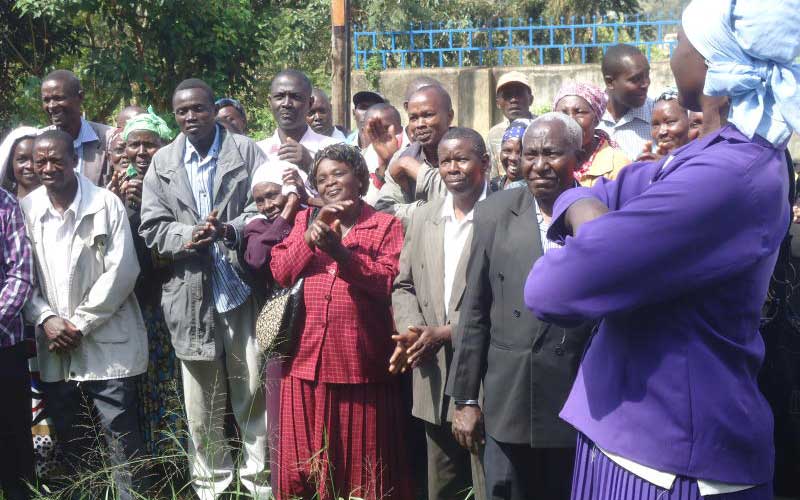×
The Standard e-Paper
Join Thousands Daily

When Murigi Njogu steps out of his house near Kakuzi farm in Murang’a County he pauses and, instinctively, checks his pockets.
From its depth he fishes out a white, slightly crumpled piece of paper, smooths it and shows it to us. The paper bears his name, vehicle registration number, the dates and reason for his movement.